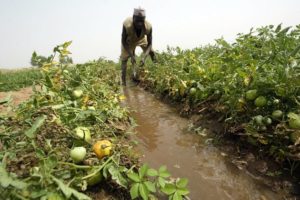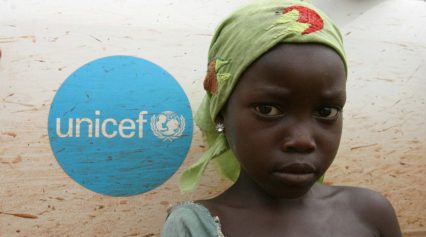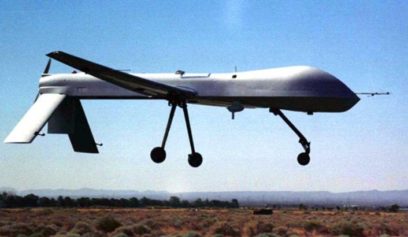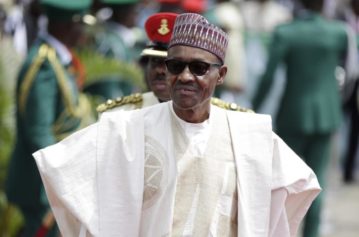
While Nigeria’s military has publicly battled Boko Haram in recent years, conflicts between farmers and herders have also escalated, as bigger herds of cattle have encroached on greater parcels of farmland. Religious and ethnic differences tend to exacerbate the disputes over land use and water rights. Herders from the north of Nigeria tend to be Muslim, while farming communities in the south are generally Christian. The Middle Belt is where they overlap, and is comprised chiefly of eight states stretching across the middle of Africa’s most populous nation.
“Land ownership is very unclear in the Middle Belt,” explained Lisa Inks, director of conflict management programs in Nigeria for Mercy Corps, a nonprofit global humanitarian organization. “One scenario for violence is that a herder grazing his cattle destroys part of a farmer’s crops, and then the farmer might shoot some cattle, and the herders could retaliate against the farmer’s village. This could take the form of night raids or burning down houses.”
Many of these conflicts start out in isolation but spread across communities, Inks said, affecting those not directly involved. “After an attack in the area, people change their habits, they may stop going to market, or stop sending their kids to school because they’re afraid of another attack.”
To help put an end to this cycle of violence, Mercy Corps has been piloting a new model of economic cooperation in the Middle Belt, aimed at helping farmers and herders resolve their land disputes peacefully and identify new markets they can tap into together. Launched in late 2012, the program is officially called Conciliation in Nigeria through Community-Based Conflict Management and Cooperative Use of Resources, or CONCUR.
Community leaders from disparate groups of herders and farmers are trained by Mercy Corps in a special kind of conflict resolution, called interest-based negotiation. Then, the leaders of those groups agree to come together to identify new economic initiatives they can pursue jointly that will benefit both farming and the herding communities.
Read more at huffingtonpost.com


